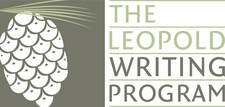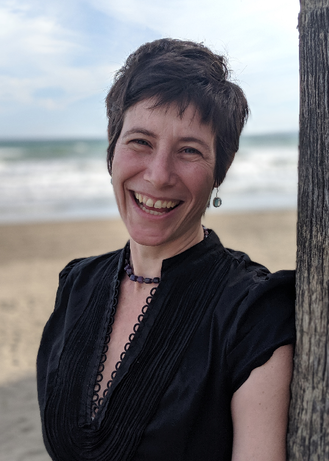Eve Bratman / 2021 June
|
Eve Bratman first encountered A Sand County Almanac in an introductory Environmental Studies class as a first-year undergraduate student. Fast forwarding a few decades, the dogeared edition of Leopold’s book is still with her, and as a professor of Environmental Studies, Dr. Bratman now assigns the classic work in her own introduction to environmental studies course at Franklin & Marshall College, in Lancaster, Pennsylvania. Leopold’s land ethics continues to inform her scholarship, which tackles the question of how sustainability is envisioned and carried into politics.
Eve Bratman is the author of Governing the Rainforest (Oxford University Press), which won the Lynton Keith Caldwell Prize from the American Political Science Association recognizing it as the best book in environmental politics and policy in three years. Her scholarly research can be found in the Journal of Environmental Studies and Sciences, Antipode, Journal of Latin American Studies, and more. As a political ecologist, Eve grounds her research in local and regional histories in order to explore how power disparities affect land management and infrastructure developments. She is especially interested in how differences across race, class, gender, and political power inform resource access and control, whether it be in the Brazilian Amazon or closer to home, in local development decisions. She is the former chair of the City of Lancaster Planning Commission, a recent co-founder of a citywide composting co-operative, and she has been recognized with several honors for her efforts as an environmental champion. She is also an avid hobbyist beekeeper. Her book-in-progress, tentatively entitled Pollen Nation, uses bees as the keyhole issue through which readers can glimpse the challenges of pollinator protection and biodiversity conservation. Bees offer a prism through which to view the myopic policy strategies and ethical frameworks that are often conducted in the name of sustainability efforts, and they also help us see through those challenges. Leopold’s call to “think like a mountain” informs how in the present day we may defend and embrace wildness and view nature more wholly, cultivating an ecological stewardship for the Anthropocene. Website: www.evebratman.com Twitter: @IttyGritty |



